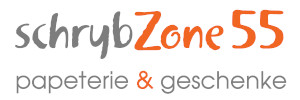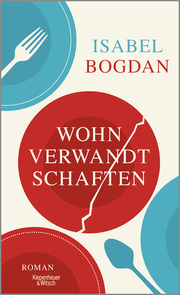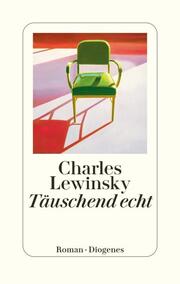Beschreibung
W. van Orman Quine is one of the leading philosophers in America today. His thinking, however, has received little attention from philosophers in continental Europe. This book is a systematic and critical account of Quine's philosophy which aims at isolating what is of lasting value in his work. Each of his major theses is submitted to a thorough examination both from within and from without his general standpoint. Quine's positions have changed a great deal over the years in response to external criticism and to internal stresses and strains. These changes are described and assessed. Quine's rejection of the analytic-synthetic dichotomy is considered in the light of non-monotonic logic. The multi-farious versions of his holism are brought together and evaluated. Dummett's objection to the effect that holism is inconsistent with empiricism is refuted. lt is argued, however, that the controversial thesis of the indeterminacy of translation becomes implausible as soon as learnability constraints are brought to bear on the matter. Quine's new definition of logical truth in terms of grammatical structure is vindicated. It is shown how the apparent conflict between his earlier and his later views on ontology can be superseded. Can Quine hold a relativist view of ontology and at the same time maintain a non-relativist theory of truth? Can he hold that truth is internal to theories and claim that scientific theories are underdetermined by observational data without lending support to relativism? An affirmative answer to the first question is defended. It is argued, however, that Quine could not meet the second challenge. Quine's penetrating criticism of modal logic has prompted several research programs. Paul Gochet exhibits the interrelations between these programs and argues that Quine's objections against modal logic can be met without any commitment to doctrines such as essentialism. Of interest to: Philosophers, logicians, linguists














